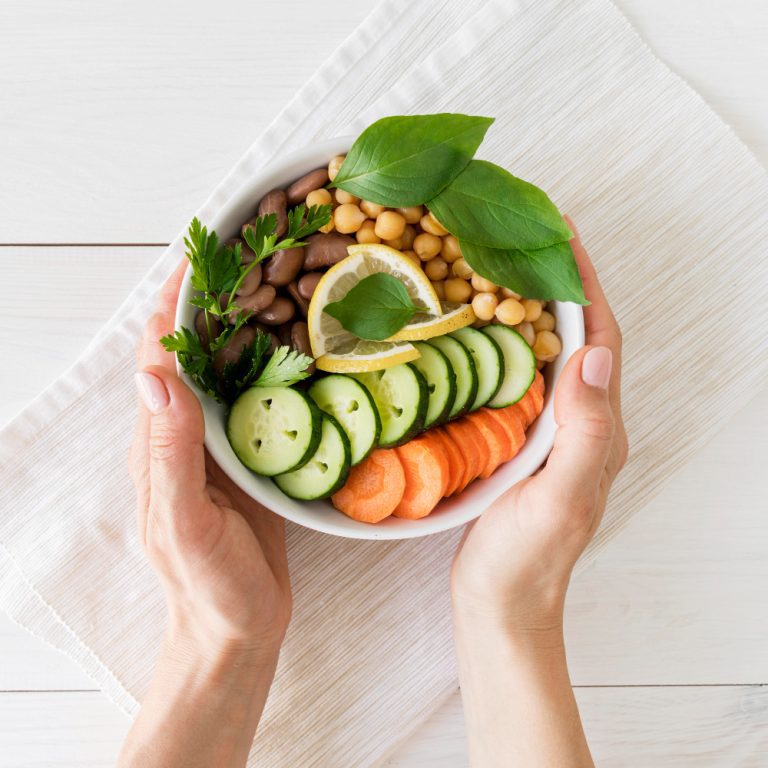For a long time, the link between meat consumption and muscle building has been strongly established in the fitness community. However, the rise of vegetarianism and plant-based diets has challenged this belief and proved that meat is not the only path to achieving strength and definition. There is a wide array of delicious and nutrient-packed plant-based protein sources that can help you build and maintain muscle while fueling your workouts. In this blog, we’ll explore the several plant-based protein sources available and showcase successful vegetarian athletes who have shattered the misconception that meat is essential for building muscle.
The Power of Plant-Based Proteins
One of the biggest concerns for vegetarians in the fitness community is obtaining enough protein to support muscle growth and repair. However, plant-based diets can provide all the essential amino acids necessary for building and maintaining muscle. Here are seven different plant-based protein sources that are simple to add into a vegetarian diet.
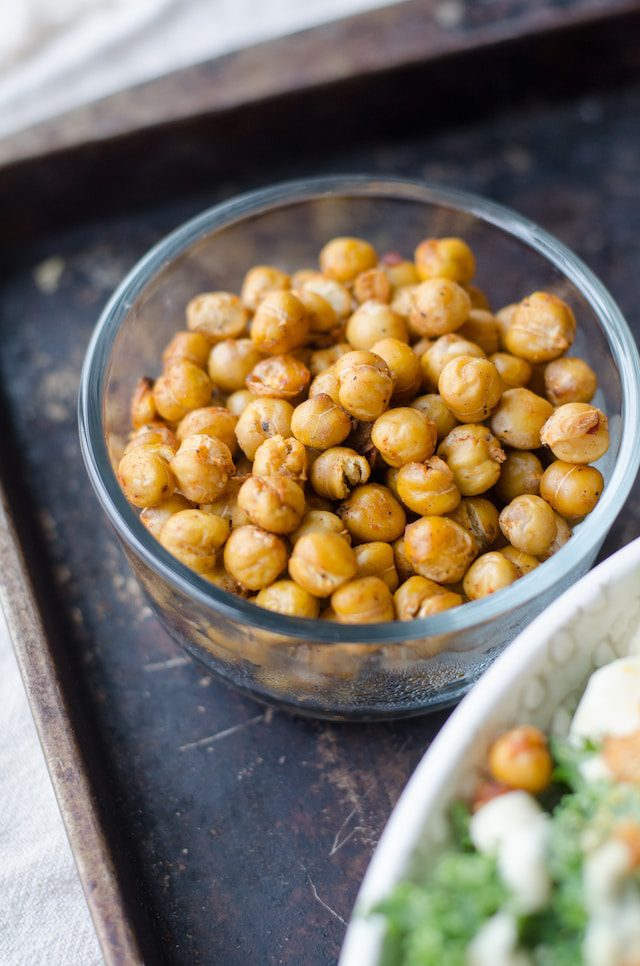
1. CHICKPEAS: They also known as garbanzo beans, are a popular plant-based protein source with about 15 grams of protein per cooked cup. These legumes are rich in fiber, potassium, iron, and magnesium. You can enjoy them roasted as a crunchy snack, blended into hummus, or mixed into curries and salads.

2. LENTILS: Lentils are a nutritional powerhouse, packing around 18 grams of protein per cooked cup. Not only are they an excellent source of protein, but they also offer a hefty dose of dietary fiber, complex carbohydrates, iron, and folate. Their versatility allows them to be used in soups, stews, salads, and even veggie burgers.

3. TOFU: Made from soybeans, tofu is a highly versatile and protein-rich food, providing approximately 20 grams of protein per half-cup serving. Tofu comes in various textures, such as silken, soft, firm, and extra-firm, making it suitable for a wide range of recipes, including stir-fries, scrambles, and smoothies.
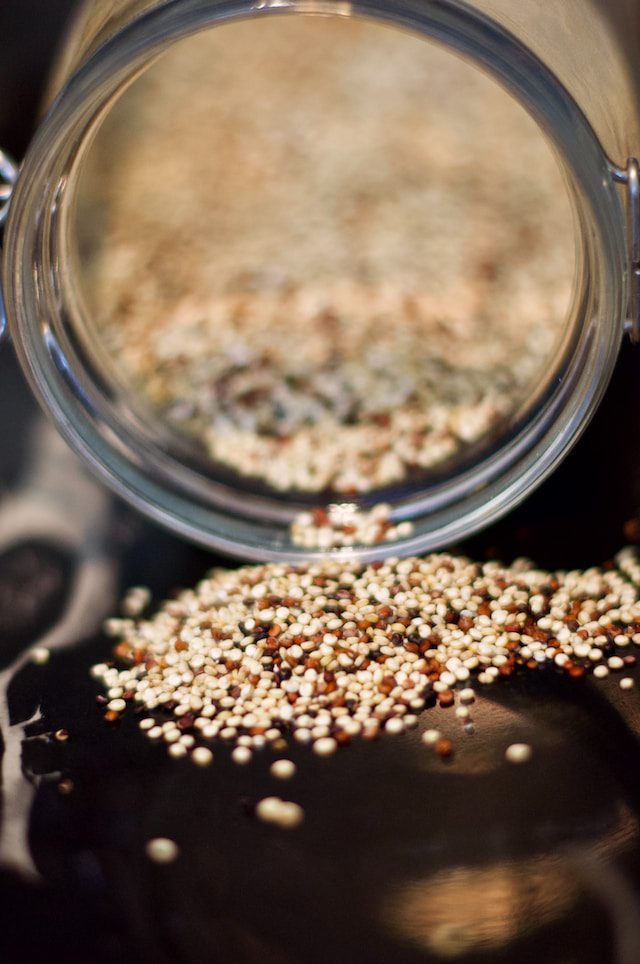
4. QUINOA: It is a complete protein source, meaning it contains all nine essential amino acids. With about 8 grams of protein per cooked cup, quinoa is also rich in fiber, iron, magnesium, and phosphorus. Use quinoa as a base for salads, bowls, or as a side dish.
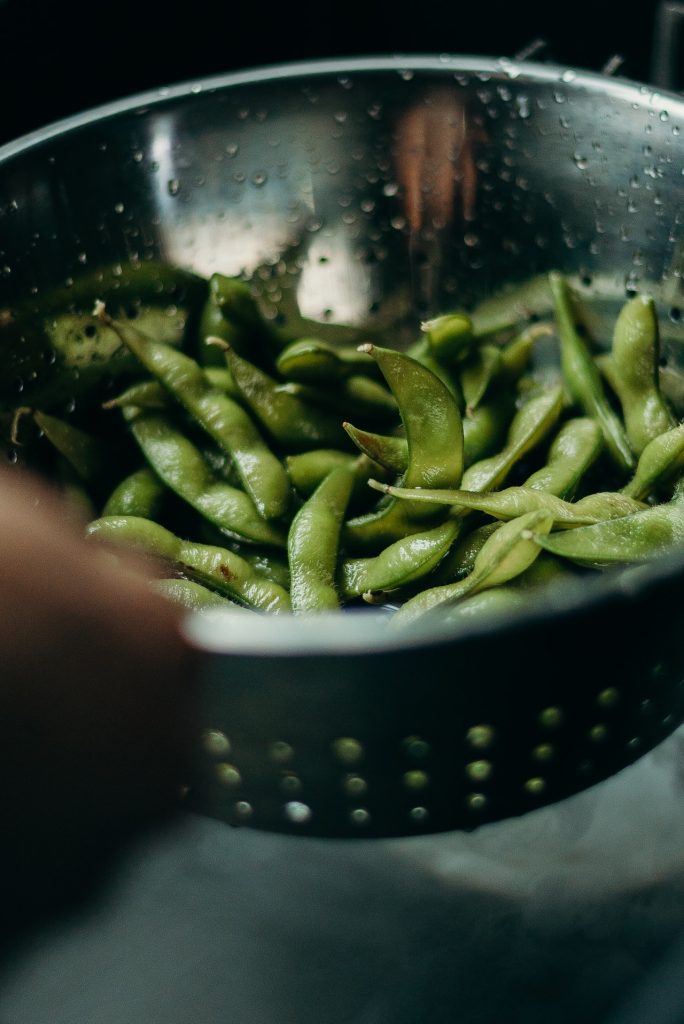
5. EDAMAME: Edamame, or young green soybeans, are a tasty and nutritious snack with approximately 17 grams of protein per cooked cup. These little green gems are also packed with fiber, vitamin K, and folate. Enjoy them as a quick snack, add them to salads, or include them in stir-fries.

6. SOYA CHUNKS: They are plant-based protein sources with all essential amino acids for muscle growth. Low in saturated fat, high in fiber, and rich in vitamins and minerals, they aid muscle recovery, promote heart health, and manage weight. Ideal for gym-goers in meals, snacks, salads, and smoothies for optimal fitness results.
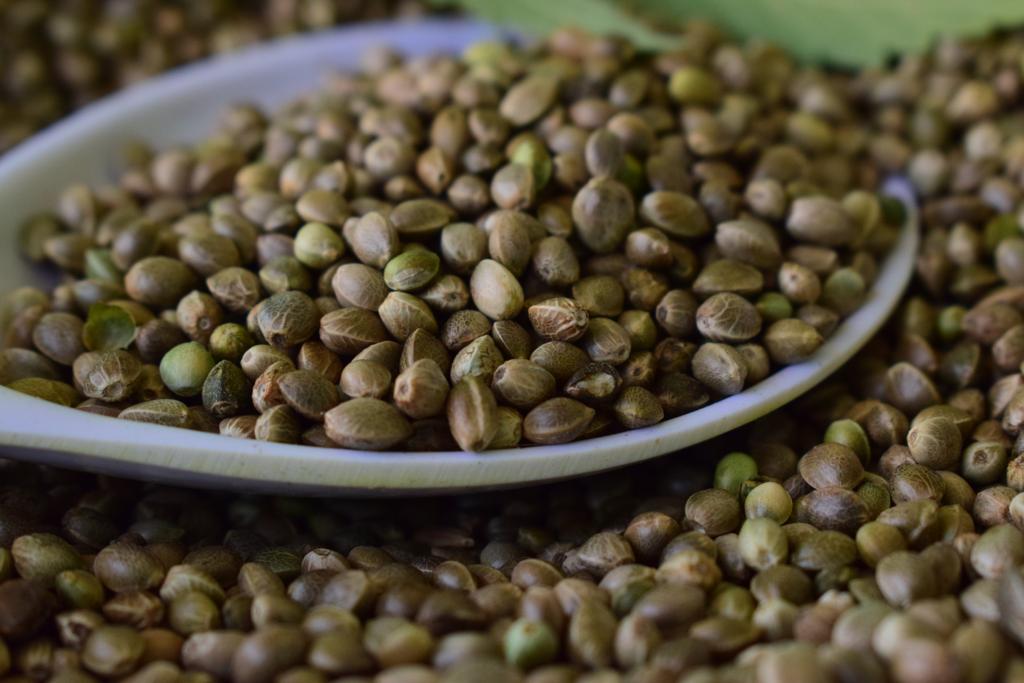
7. HEMP SEEDS: These seeds are a superfood that boasts about 10 grams of protein per 3 tablespoons. Besides being an abundant source of protein, hemp seeds are rich in healthy fats, including omega-3 and omega-6 fatty acids. Sprinkle them on salads, yogurt, or blend them into smoothies for an added protein punch.
Achieving your fitness goals on a plant-based diet is completely achievable with the right protein sources. These seven plant-based powerhouses lentils, chickpeas, tofu, quinoa, edamame, soy chucks, and hemp seeds will not only provide you with the protein your body needs but also supply an array of essential nutrients to support your active lifestyle. So, embrace the diversity and flavor of plant-based proteins and get ready to crush your workouts like never before.

